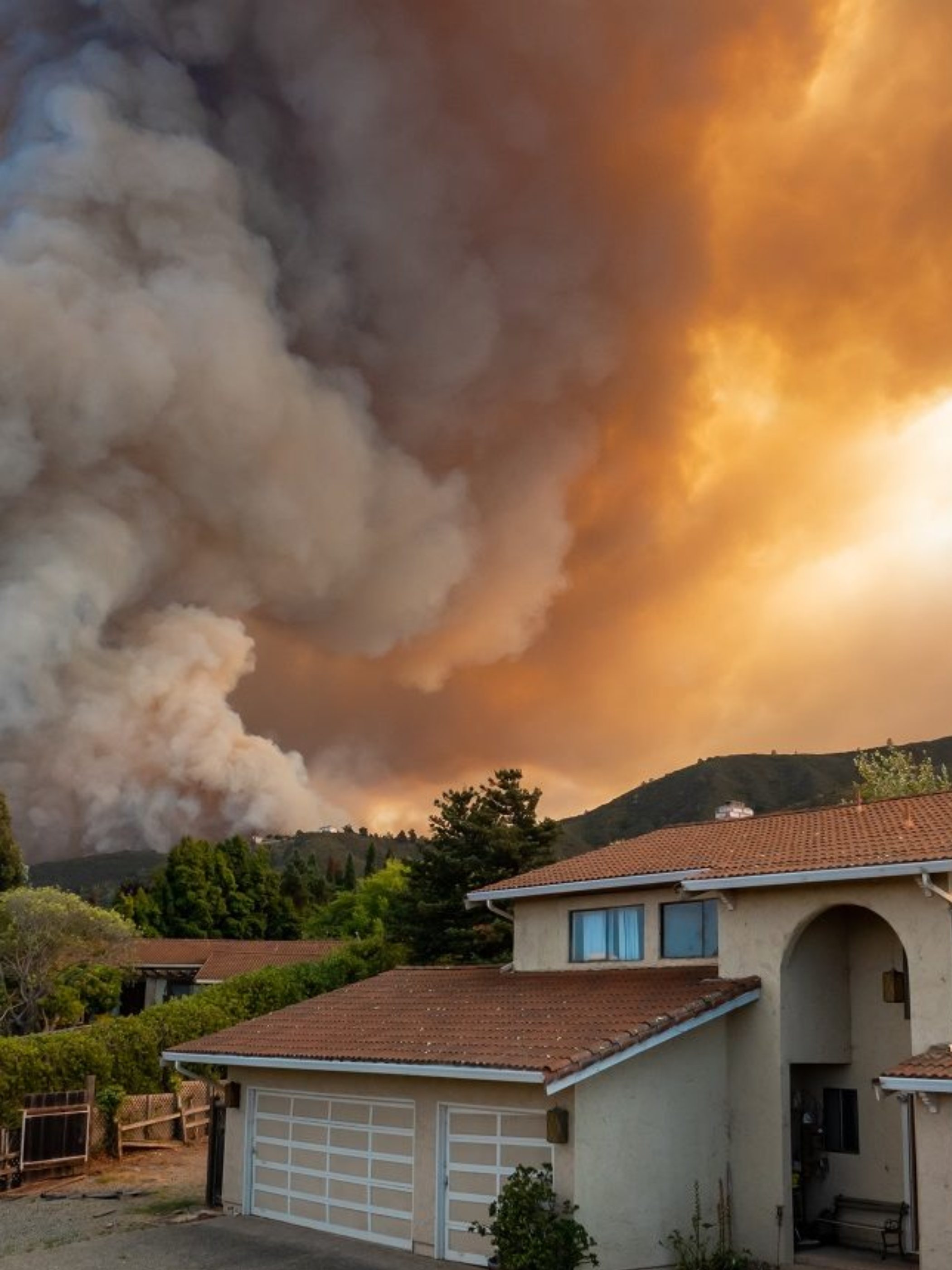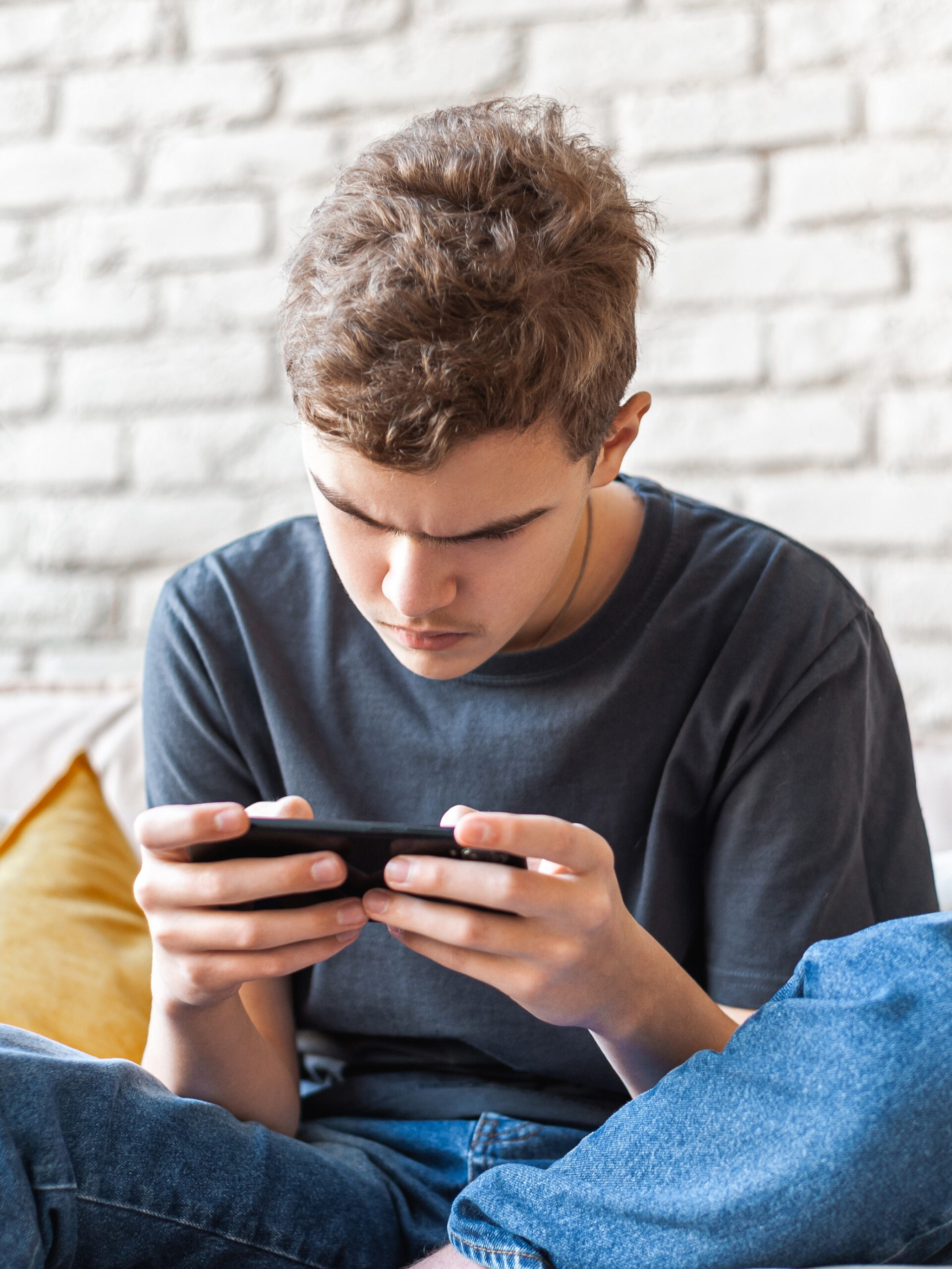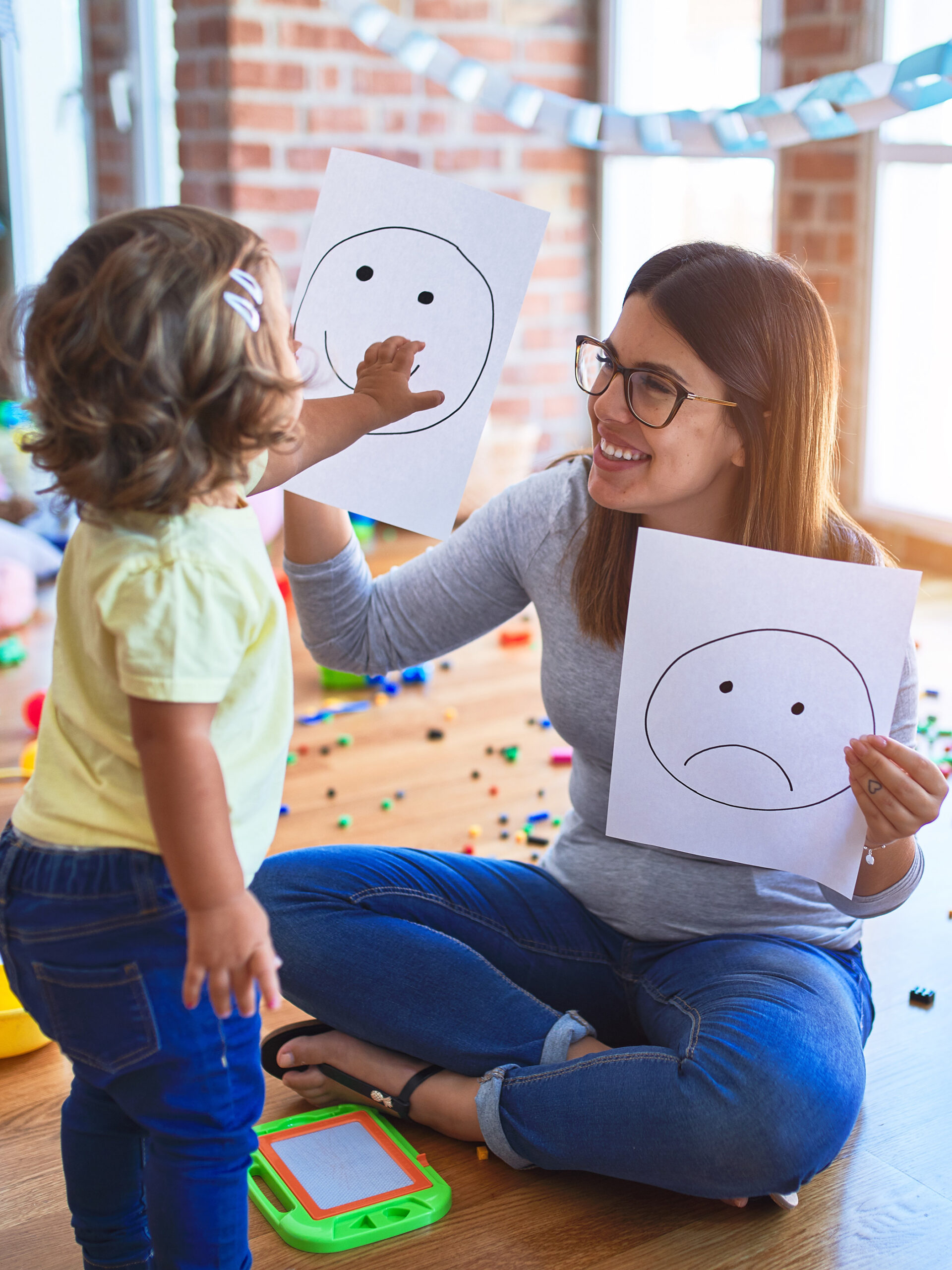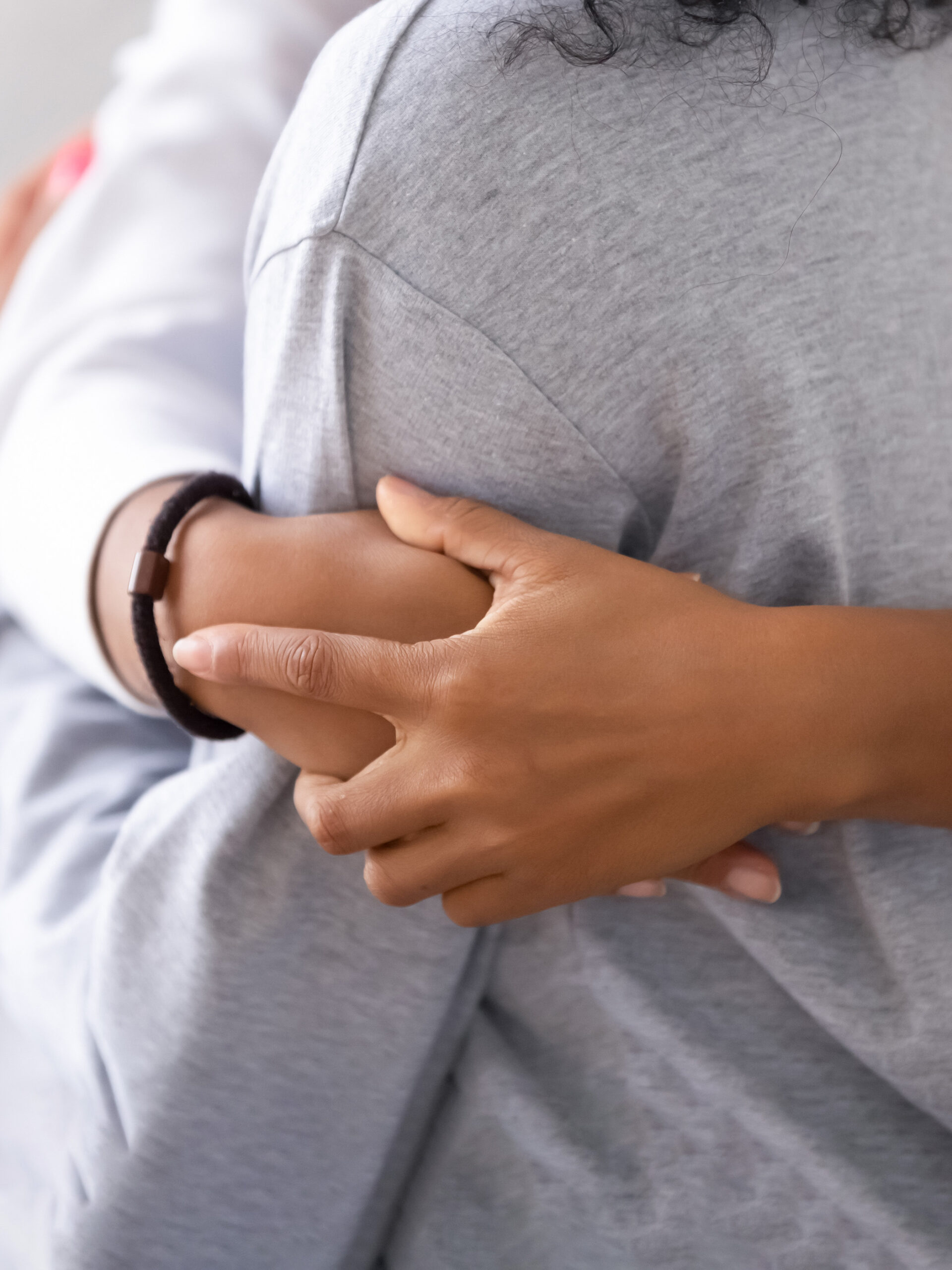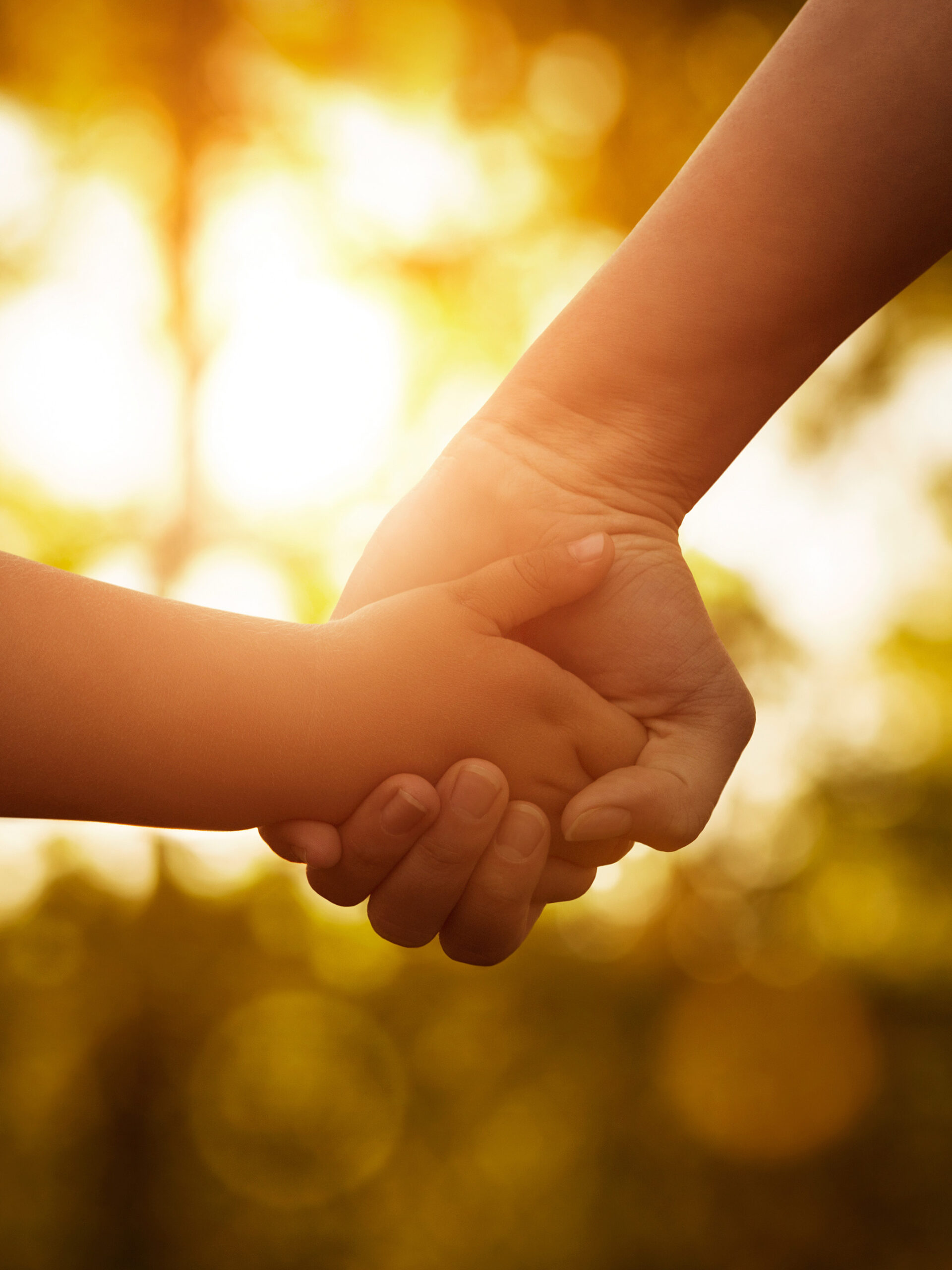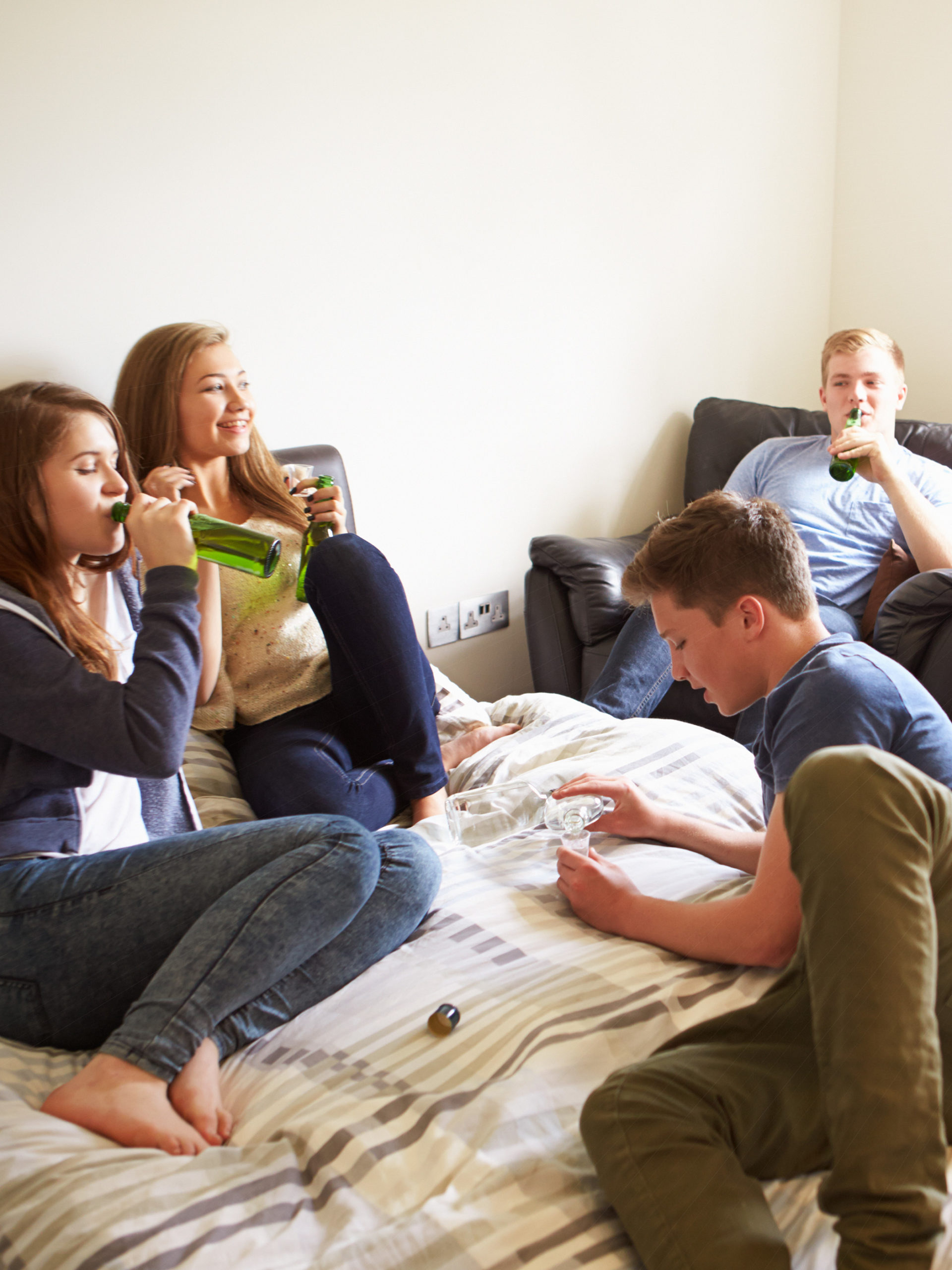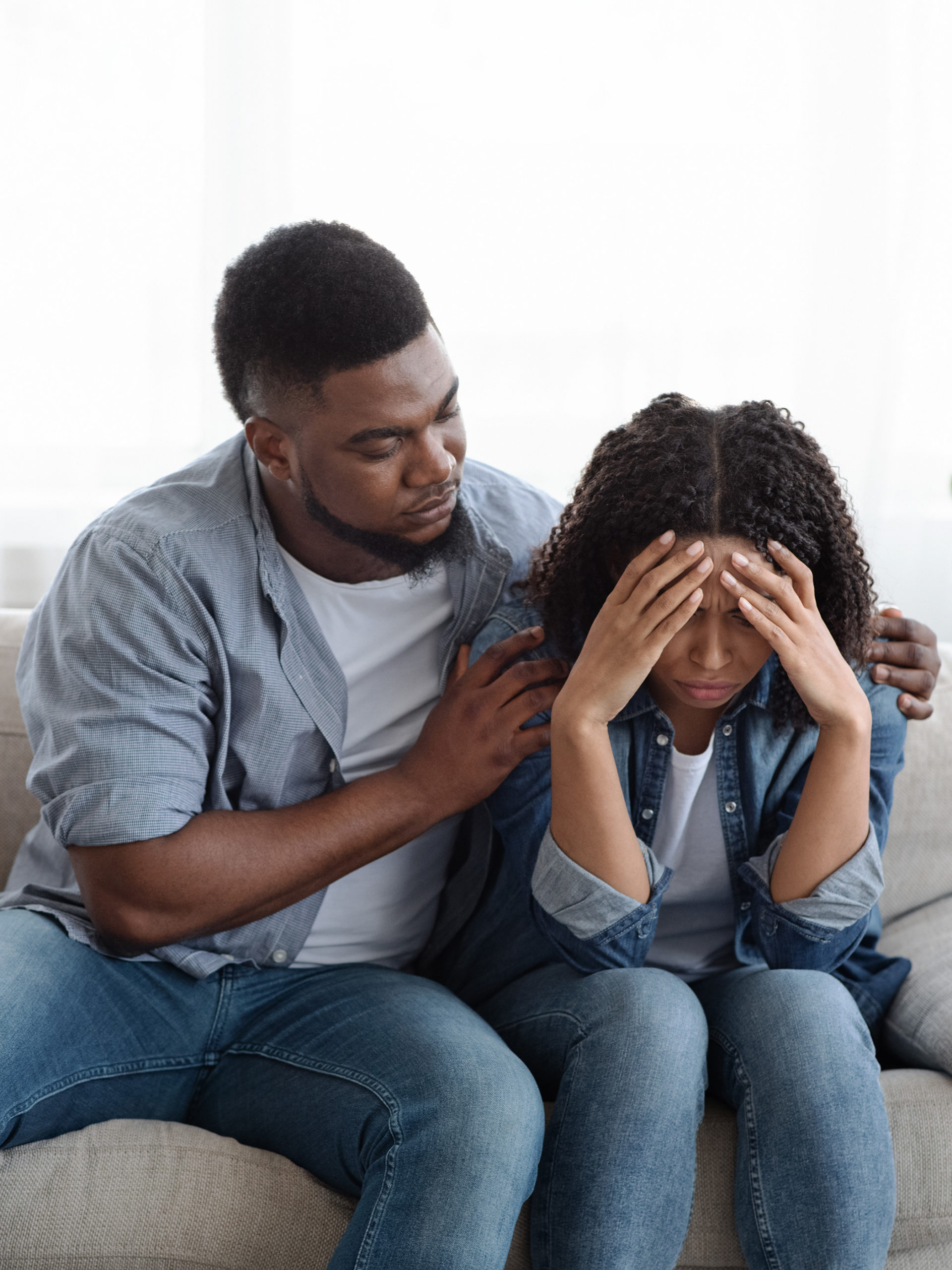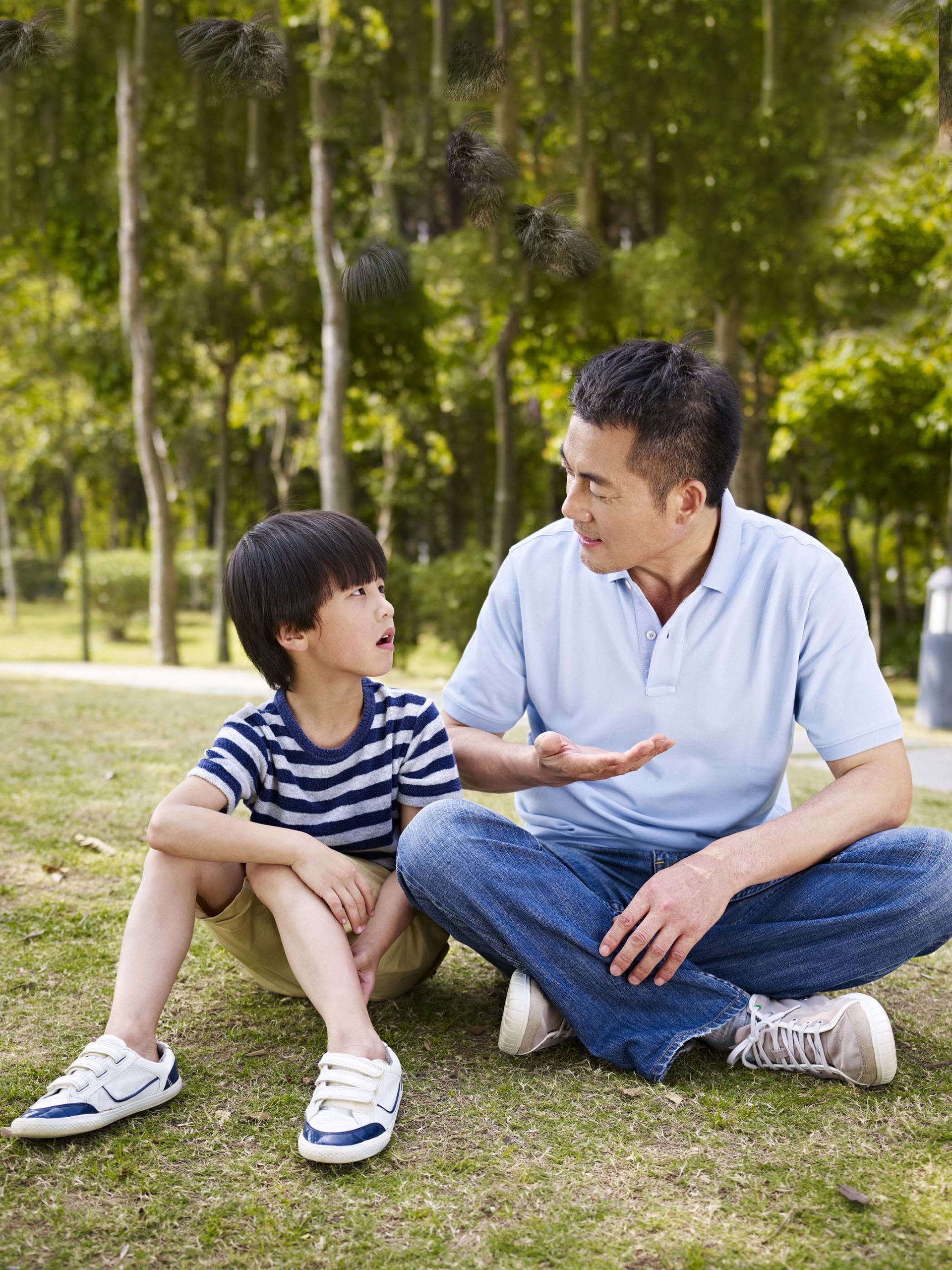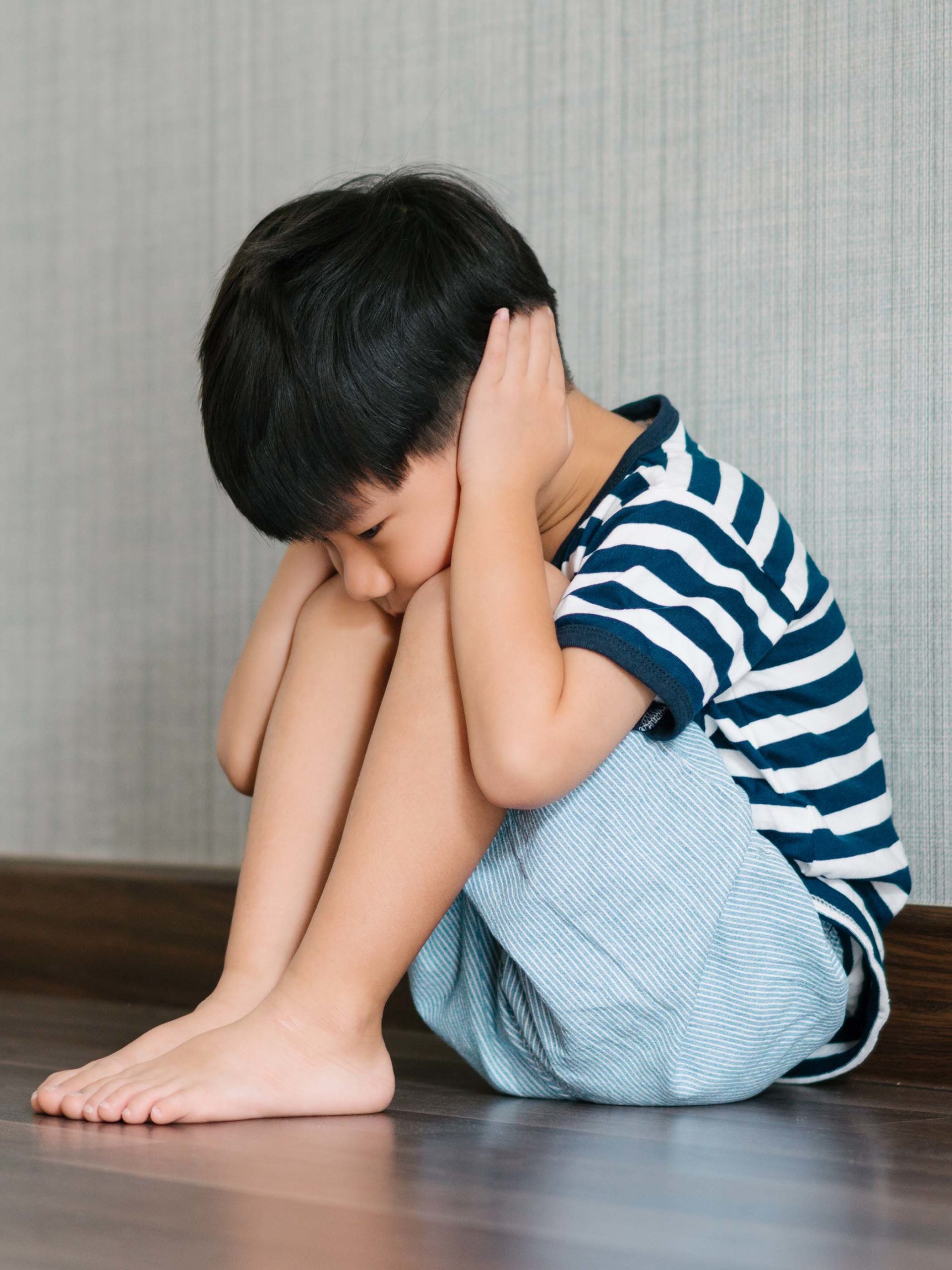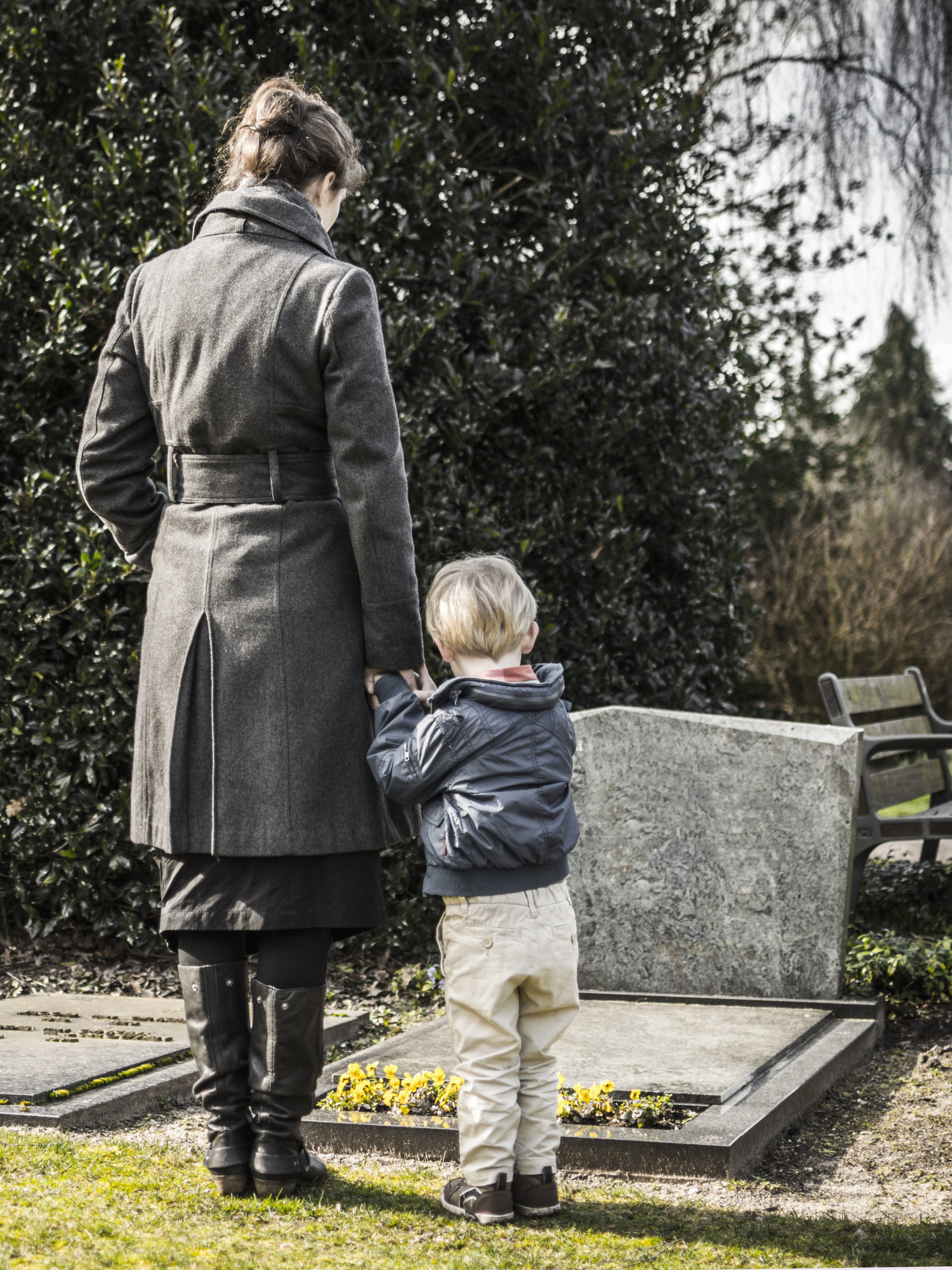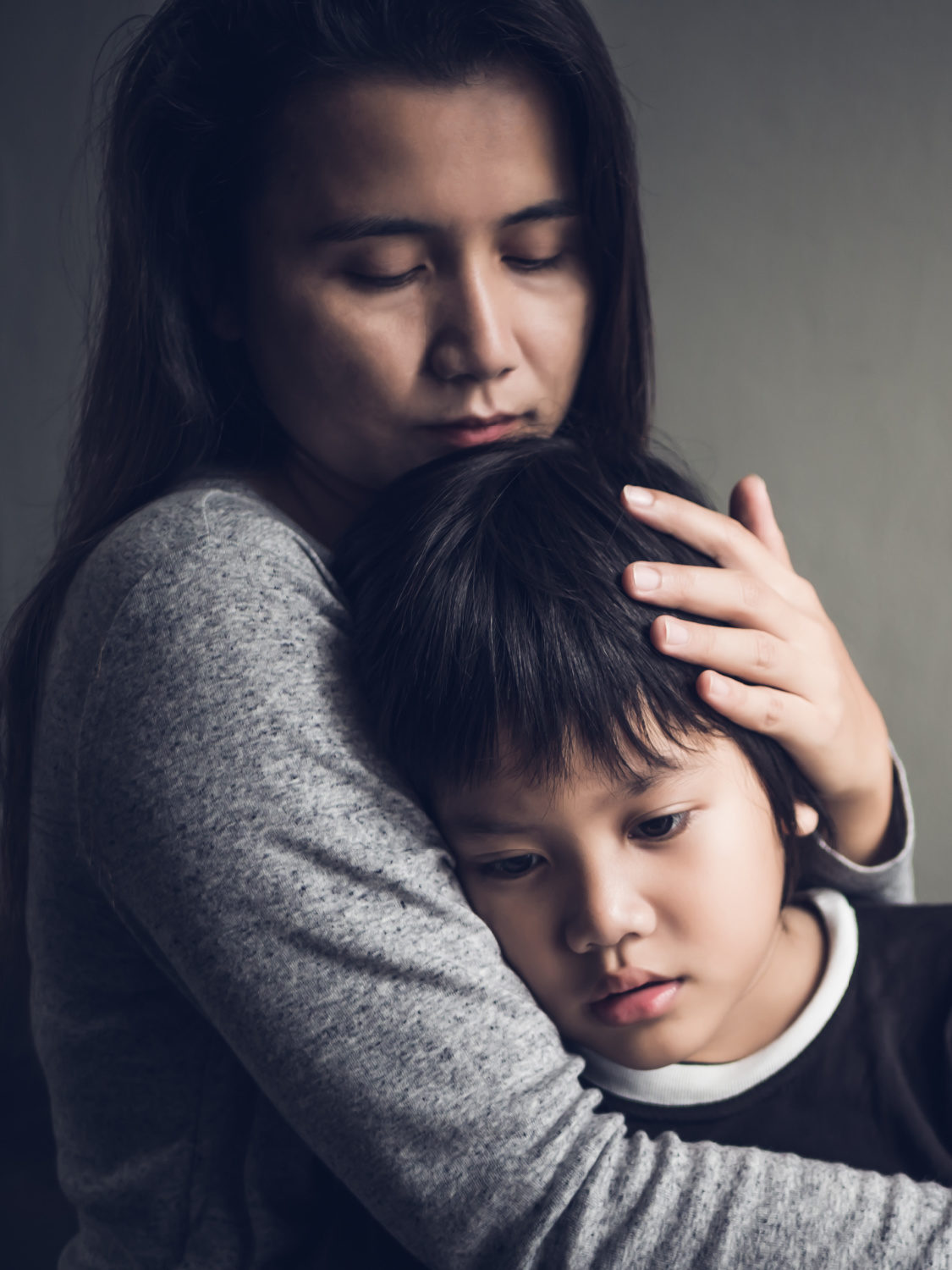MENTAL HEALTH GUIDE
Trauma & Adverse Childhood Experiences (ACEs)
Trauma is a shocking, scary or dangerous experience that leads to strong feelings of sadness, stress or worry. Traumas can be natural disasters, like a hurricane or earthquake, or a life event, like the sudden death of a loved one. They can also be caused by other people, such as through sexual or physical abuse, a car accident, a crime or a terrorist attack. Most children experience at least one traumatic event before they turn 16. Some children experience multiple, repeated traumatic events. Childhood traumas, also known as Adverse Childhood Experiences (ACEs), have been linked to serious and lasting physical, emotional and mental health consequences.
Crisis Resources
If your child expresses thoughts of wanting to harm themselves or others,
call 9-1-1 or visit the nearest emergency department.
To reach the Crisis Text Line, text HOME to 741-741 or visit crisistextline.org.
To reach the National Suicide Prevention Lifeline, call 9-8-8 or visit 988lifeline.org.
Resources
CDC Adverse Childhood Experiences (ACE)
www.cdc.gov/violenceprevention/aces
Childhood trauma TED talk by Dr. Nadine Burke Harris
www.ted.com
ACES 101
acestoohigh.com/aces-101
The National Child Traumatic Stress Network
www.nctsn.org
Center for Youth Wellness centerforyouthwellness.org
ACEs AWARE
www.acesaware.org
Learn more about CHOC’s pediatric mental health services
At CHOC, we specialize in providing a full spectrum of pediatric mental healthcare, including inpatient, intensive outpatient and outpatient program services.
Get 24/7 advice from CHOC
Adverse Childhood Experiences (ACEs): An overview
People experience many emotions after a traumatic event, including sadness, anxiety or anger. For most people, these responses are normal and go away over time. In some cases, these thoughts and feelings don’t go away on their own and may get in the way of everyday life, which can result in needing more help.
What are some examples of Adverse Childhood Experiences?
- Emotional abuse
- Physical abuse
- Sexual abuse
- Emotional neglect
- Physical neglect
- Household substance abuse
- Household mental illness
- Parental separation or divorce
- Incarcerated household member
- Bullying (by another child or adult)
- Witnessing violence outside the home
- Witnessing violence towards a parent
- Witnessing a brother or sister being abused
- Racism, sexism or other forms of discrimination
- Being homeless
- Natural disasters and war
What are some of the physical, behavioral and mental health outcomes for children who are struggling with trauma or ACEs?
Research has found that ACEs and exposure to other stressful things can lead to something called toxic stress in your body. Toxic stress has been associated with a number of health conditions. Below are some of the physical, behavioral and mental health outcomes for children who have experienced trauma.
Health
- Failure to thrive
- Obesity
- Diabetes
- Cancer
- Heart disease
- Stroke
- Asthma
Behaviors
- Alcoholism
- Smoking
- Drug use
- Unsafe sex
Mental Health
- Depression
- Anxiety
- Suicide attempts
- Post-traumatic stress disorder (PTSD)
What are some signs that my child needs more support coping with trauma?
- Worrying a lot or feeling very anxious, sad or fearful
- Crying often
- Having trouble thinking clearly or concentrating
- Having scary thoughts about the trauma
- Feeling angry
- Having nightmares or difficulty sleeping since the trauma
- Avoiding places or people that remind them of the trauma
- Physical symptoms like headaches, stomach pain and digestive issues, feeling tired, racing heart and sweating, being very jumpy and easily startled
What is the Pediatric ACEs and related Life-events Screener (PEARLS)?
At your child’s pediatrician visit, you may be asked to complete the Pediatric ACEs and Related Life-events Screener (PEARLS) to better understand your child’s trauma experiences.
The score on the PEARLS screener will provide your medical provider with information on the number of childhood traumas your child has experienced. Research has found that the higher the total PEARLS score, the greater the risk for poorer physical, behavioral and mental health outcomes; however, we know that getting help earlier is key to helping your child. Your child’s PEARLS assessment will help your provider connect you to the appropriate resources.
 Print this section
Print this section
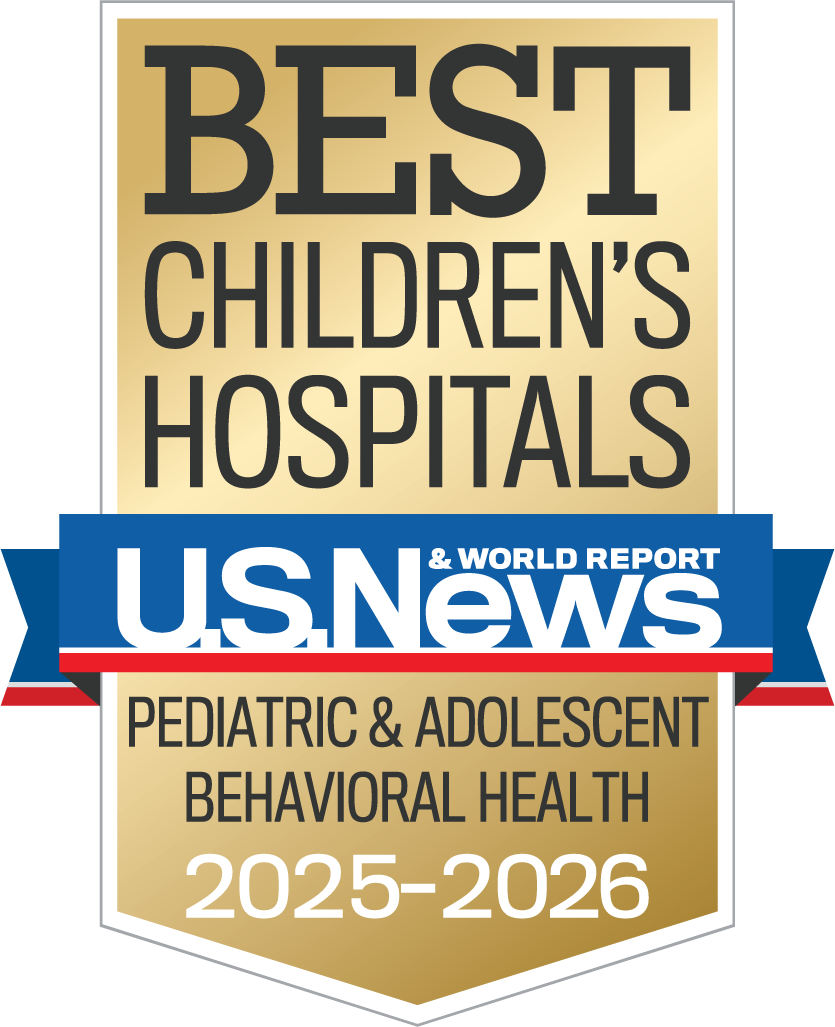
Learn more about CHOC’s Pediatric Mental Health Services
CHOC Hospital was named one of the nation’s best children’s hospitals by U.S. News & World Report in its 2024-25 Best Children’s Hospitals rankings and ranked in the behavioral health specialty.

Trauma and ACEs tips for parents and caregivers
It is important to know that parents/caregivers play a critical role in managing the impact of childhood trauma and building their child’s resilience. Research has found that creating positive experiences with your child and being a caring, consistent adult in your child’s life can serve as a protective factor against adversity.
Don’t be afraid to talk about the trauma.
Children do not benefit from ‘putting it out of their minds.’ Talk about the incident in a calm manner. If a child feels that their parents are upset about the event, they will not want to talk about it. This may make the child’s recovery even more difficult.
Let the child lead the conversation. When the child brings it up or seems to be thinking about it, it is important to provide space for open discussions. Let your child ease into talking about the event at their own pace. Listen to them and answer questions in a developmentally appropriate manner, while also providing comfort.
Listen and support.
We often have no adequate explanations about senseless death or traumatic events. In the end, just listening to and comforting your child will have long-lasting positive effects on your child’s ability to cope with the traumatic event. It’s okay to let children see that you are sad or upset, especially when you name the emotions you are experiencing for them (e.g. “I’m feeling sad that our dog died because I will miss him so much”). It helps the child increase their emotional literacy and normalizes difficult feelings.
Create a sense of safety and control.
Allow your child to regain a sense of control that they may have lost after a traumatic event. Parents can provide the child with choices on tasks, such as picking out their clothes for the day or their snacks.
Keep a predictable routine going for the child that helps them feel safe. You can elicit their feedback when creating this schedule and then post it somewhere in the home where they can see it and refer to it.
Seek professional help if needed.
For children who continue to show signs of trauma for months afterward, they may have post-traumatic stress disorder (PTSD). It is important to seek professional help if you are worried your child might have PTSD.
A therapist, such as a psychologist, social worker or counselor, can help your child understand and manage her moods and feelings. Effective treatments for PTSD include evidence-based therapy (such as Trauma-Focused Cognitive Behavioral Therapy or TF-CBT) or a combination of therapy and medicine.
Get immediate help if your child expresses thoughts about wanting to kill themselves, harm themselves or is saying scary things. Call 9-1-1 or bring your child to the nearest emergency department.
 Print this section
Print this section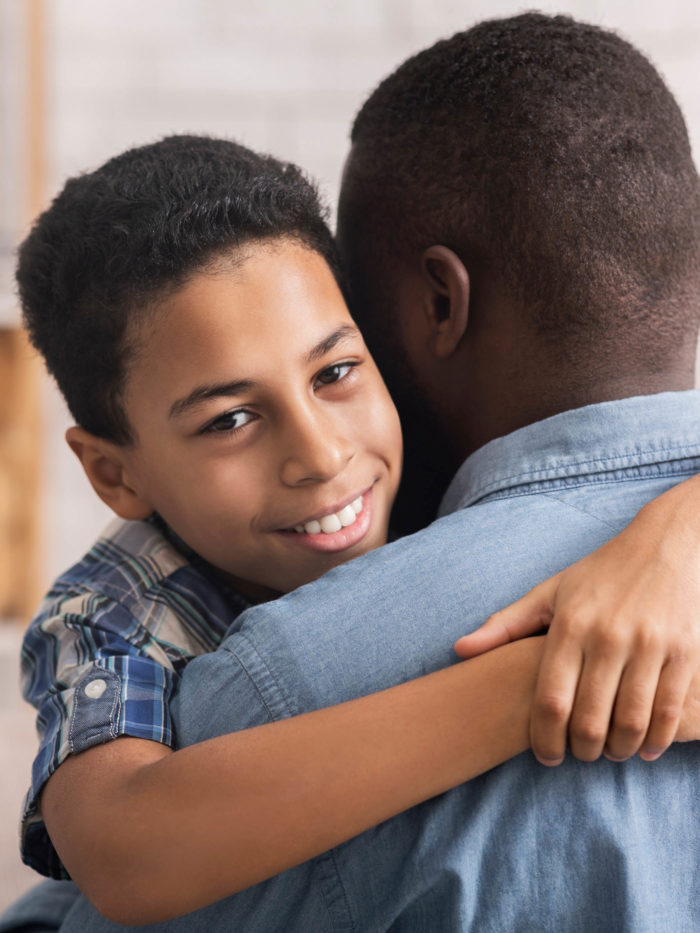
How parents and caregivers can increase resiliency in children overcoming trauma or ACEs
There are many ways to reduce the effect of trauma or Adverse Childhood Experiences (ACEs) in children by instilling resilience. Resilience is the ability to return to feeling healthy and hopeful after bad things happen. Research shows that if parents provide a safe environment for their children and teach them how to be resilient, that helps reduce the effects of ACEs.
Being a resilient parent
Parents who know how to solve problems, have healthy relationships with other adults and cope with difficulties model resilience for their children.
Building nurturing relationships
Children need adults who support them by listening and responding patiently. When a trusted adult pays attention to their physical and emotional needs, their physical and mental health can improve.
More face-to-face time
If children have too much screen time (TV, phones, video games), then other social and physical activities are more limited. Spend some face-to-face time with your child playing games or just talking. For example, you can dedicate five minutes a day for special play time, where all electronics are silenced and your sole focus is playing and spending time with your child. Research has found that just those five minutes can help enhance the parent-child relationship.
Meeting basic needs
The California Surgeon General recommends the following seven stress-busting strategies for kids to help mitigate toxic stress in their bodies.
- Quality sleep: Children and teens need more sleep than you think! For example, toddlers need 12-14 hours and teens need 9-10 hours each night. Too little sleep can lead to problems with concentration, fatigue and mood swings.
- Balanced nutrition: Ensure that your child is getting proper nutrition to combat stress. Aim for meals that include fruits, vegetables and foods rich in omega-3-fatty acids (e.g. fish, nuts, fiber).
- Physical activity: Movement can be very helpful in decreasing the effects of toxic stress! Experts say that children should have at least 60 minutes each day of activity, such as running, playing a sport or playing outdoors.
- Mindfulness practices: Practice the daily dozen at home – 12 minutes of meditation, yoga, prayer or guided imagery on a daily basis. There are some great apps that include specialty programs for children and teens. Or try a mindful walk around the neighborhood, where you point out things you see, hear and feel all around you.
- Experiencing nature: Spending time in nature and being active outside has been found to help combat toxic stress. This can include hiking, watching the sunrise or going on a picnic.
- Mental healthcare: Taking care of our mental health can include seeing a provider, seeking social support or minimizing stressors or triggers (such as stressful media).
- Supportive relationships: Prioritize family and friends who support, help and listen to your children. It does “take a village,” and parents often need help. Try to identify others you can trust to support your child when you can’t be there or need a break.
Building social skills
Help your child develop healthy social skills. Show your child ways to get along with others. Practice talking about your feelings together. Model how to handle frustration or disappointment using healthy coping skills. Demonstrate healthy problem-solving. All of these skills will help them develop their own healthy relationships.
Building coping skills
Teaching children about effective ways to cope is important. Some ways to do that include:
- Teaching them to name and talk about their feelings
- Helping them to calm down by taking deep, slow breaths
- Discussing different ways to solve a problem and letting the child come up with ideas
- Helping identify healthy ways to deal with anger (draw pictures, play with clay, use their feeling words, run around outside).
 Print this section
Print this section
Trauma and ACEs tips for kids and teens
There are many ways to build improve your mental health after trauma. Use these steps in your daily routine to help you feel less stressed and more resilient.
Find ways to relax.
Try to notice things around you if you feel overwhelmed. Focus on your five senses: name two things that you can see, two things that you can hear and two things that you can smell.
Take deep breaths to help your body get back to a resting state. One way to practice deep breathing is to pretend your belly is a balloon. Breathe in and make the balloon bigger, then breathe out and make the balloon shrink.
Practice using your imagination to think of positive images, such as being in a favorite spot, to help relax and reduce stress. See an example here by a CHOC psychologist: Guided Imagery: Leaves on a Stream.
Take charge of your thinking.
Pay attention to what you are saying to yourself. Ask yourself, “What would I tell my friend if they were in this situation?” or “What’s the worst thing that could happen? If the worst thing DID happen, what could I do to handle it?”
Practicing gratitude.
When life is chaotic and unpredictable, it can be difficult to focus on the positive. However, there may be small moments in your day where things have gone well that you can reflect on, like a random act of kindness you witnessed.
Gratitude activities can include:
- Write in a journal or tell someone you love about three things you are grateful for each day
- Writing thank-you cards to people you appreciate or are grateful for
- Performing acts of kindness yourself by returning a favor to someone else or volunteering.
Get support.
Talk to your parent or caregiver if you are feeling sad, worried, angry or overwhelmed after experiencing a trauma. A therapist, such as a psychologist, social worker or counselor, can help you understand and manage your moods and feelings.
You can call a helpline such as 1-800-273-TALK or Text “HOME” to 741741. Call 911 if you are in a crisis or want to hurt yourself.
 Print this section
Print this section
Learn more about CHOC’s Pediatric Mental Health Services
CHOC Hospital was named one of the nation’s best children’s hospitals by U.S. News & World Report in its 2024-25 Best Children’s Hospitals rankings and ranked in the behavioral health specialty.
Trauma and ACEs recommended reading
 Print this section
Print this section
Related guides
Trauma and ACEs can lead to other mental health conditions such as anxiety and depression. For more information on other mental health conditions that can be caused by traumatic events, please visit our other mental health guides.
Additional Resources
Trauma and ACEs books
- The PTSD Workbook for Teens: Simple, Effective Skills for Healing Trauma, Libbi Palmer
- How Little Coyote Found His Secret Strength: A Story About How to Get Through Hard Times, Alicia Hu and Ching-Pang Kuo
- A Terrible Thing Happened: A Story for Children who have Witnessed Violence or Trauma, Margaret M. Holmes
- Healing Days: A Guide for Kids Who have Experienced Trauma, Susan Farber Straus, PhD
- Jenny is Scared: When Sad Things Happen in the World, Carol Shuman
- The Hugging Tree, Jill Neimark
- The Invisible String, Patrice Karst
Videos and Webinars
- Stress Relief Video Series
- Serie de videos de técnicas para aliviar la ansiedad y el estrés
- Transitioning Back to School After A Trauma
- How To Talk To Kids About Race/Racism
- Why Youth Resort To Substance Use
- Educación de salud mental de CHOC – Padres/ Comunidad general | Porqué Los Jóvenes Usan Drogas
- Empowered Families
- 6 Creative and Fun Coping Skills for School-Aged Children
- 5 Coping Skills To Help Stressed-Out Teens
Featured Resources
The guidance on this page has been clinically reviewed by CHOC pediatric experts.
For more health and wellness resources from the pediatric experts at CHOC:
Sign up for the Kids Health newsletter.
The contents of this webpage, including text, graphics, audio files, and videos (“Materials”), are for your general information only. The Materials are not intended to substitute qualified professional or medical advice, diagnoses, or treatments. CHOC does not recommend or endorse any specific tests, physicians, products, procedures, or other information that may be mentioned on or linked to this webpage. Always call your physician or another qualified health provider if you have any questions or problems. If you think you may have a medical emergency, call your doctor, go to the nearest emergency department, or call 911.
For more health information for your family visit health.choc.org

